Written by: Dr. Allen Fox
__________
Dr. Allen Fox earned a Ph.D. in psychology at UCLA and is a former NCAA champion, Wimbledon quarterfinalist and a three-time member of the U.S. Davis Cup team. Dr. Fox also coached the Pepperdine tennis team to two NCAA finals. He currently consults with athletes on mental issues, lectures on sports psychology, and is the author of several books on the mental side of competition. Please check out by clicking here for more information.
__________
What happens if you can’t conjure up a Plan A strategy that gives you an obvious game plan edge over your opponent? Then you go to Plan B, which relies on a wearing-away process. We all have limited reserves of willpower, and we can only withstand stress and concentrate for so long. Plan B relies on the fact that you can win matches by exhausting your opponents mentally. Most people can concentrate pretty well for 30 minutes, but few can keep it up for hours. So even if you see no glaring weaknesses at first, 2 hours later, when your opponents’ minds have tired and their wills have dissipated, their games may leak like sieves.
Everyone, even champions, eventually break mentally if they are kept under stress and forced to concentrate long enough. At this stage they lose intensity and their errors increase. Small setbacks can now make them lose emotional control and speed their disintegration. Of course it usually takes a long time to bring champions to this point, but average players run out of mental steam relatively quickly. The trick is to get your opponents to run out before you do. (You have the edge in this because you are aware of Plan B and your opponents are not.)
You can increase your advantage by recognizing the times when your opponents are under more stress than you are and slowing the match down so they stay under it as long as possible. One of these times is when they are ahead. Paradoxically, in close matches, most players feel more pressure when they are ahead than behind. So slow up and let them stew under this pressure. They are hungry to get on with it and suspect (correctly) that the longer they stay on court the more likely that something will go wrong.
Of course I’m not suggesting you be unsportsmanlike and stall by repeatedly tying your shoelaces, etc. Rather you simply take a few extra seconds between points to gather yourself and give your opponents a little more time to think. They will be antsy to get it over with, and the extra time will feel like an eternity and be mentally tiring. It will keep them from developing momentum against you as well as force them to play at a pace not their own. Most players feel uncomfortable when their normal pace is disrupted, especially if they are ahead.
A second Plan B axiom is to play as tough a point as possible whenever you are down game point. Here your opponents have a chance to win the game and are under stress. Keep them there. If they are serving avoid risky returns and quick misses. Force them to play out the point under pressure. (Recall the stress you feel when you are up game point and how happy you are when your opponent over-plays and misses right away.) If you are serving, take a little extra care to get your first serve in. Under pressure, your opponents may be somewhat stiff-handed and slow to react. They want a nice easy second serve to return. Don’t give it to them. On the other hand if you are feeling particularly confident, feel free to go for it. Just be sure you aren’t kidding yourself and trying to live out a bluff!
A third Plan B axiom is to never, if you can possibly help it, give your opponents an easy game or set, no matter how far behind you are. When you are down 0-40 in a game or 5-1 in a set, you may feel the game or set is lost anyway and try careless, low-percentage shots in order to get on with it and start a new game or set. Don’t do it. Keep your opponents under pressure and force them to concentrate and struggle to finish the game or set. It’s mentally tiring, which is part of your plan, and every once in awhile you’ll come back and win the game or set as a bonus.
You will also tempt them to relax a little at the beginning of the next game or set (as they will often want a short break from the stress of fighting to the finish), and you can jump off to a quick lead.
The final Plan B axiom is to always use Plan B in addition to any Plan A strategy, no matter how advantageous your Plan A may seem to be.
The Original Article Could be Found by clicking here.

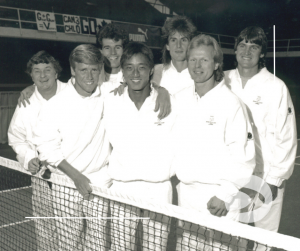
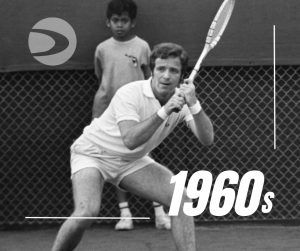

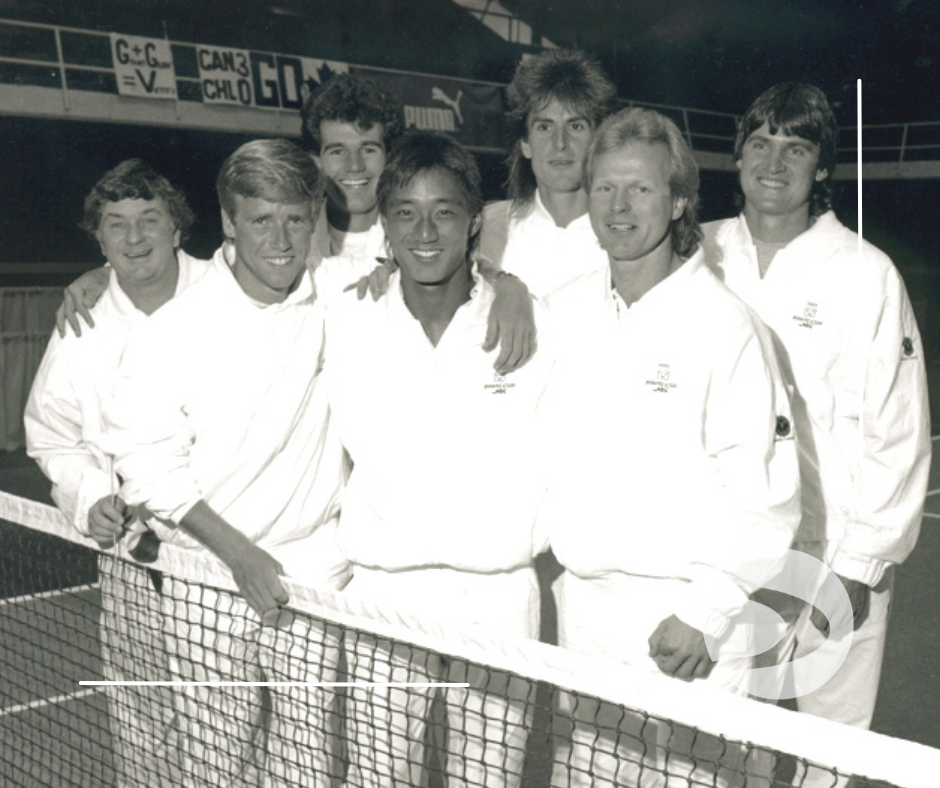
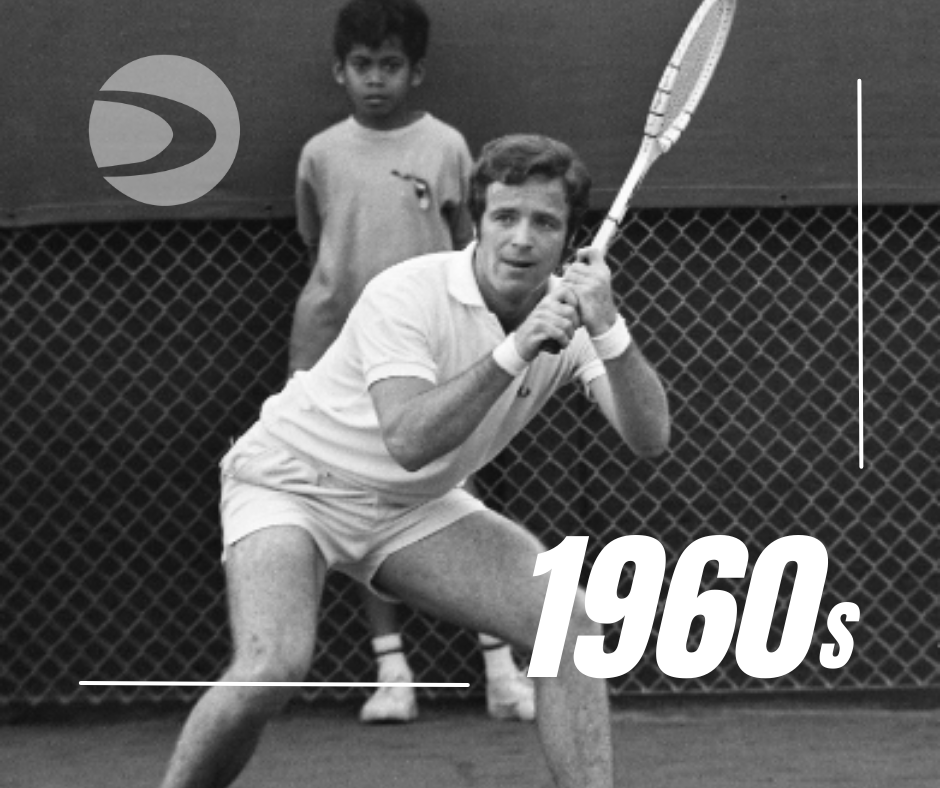

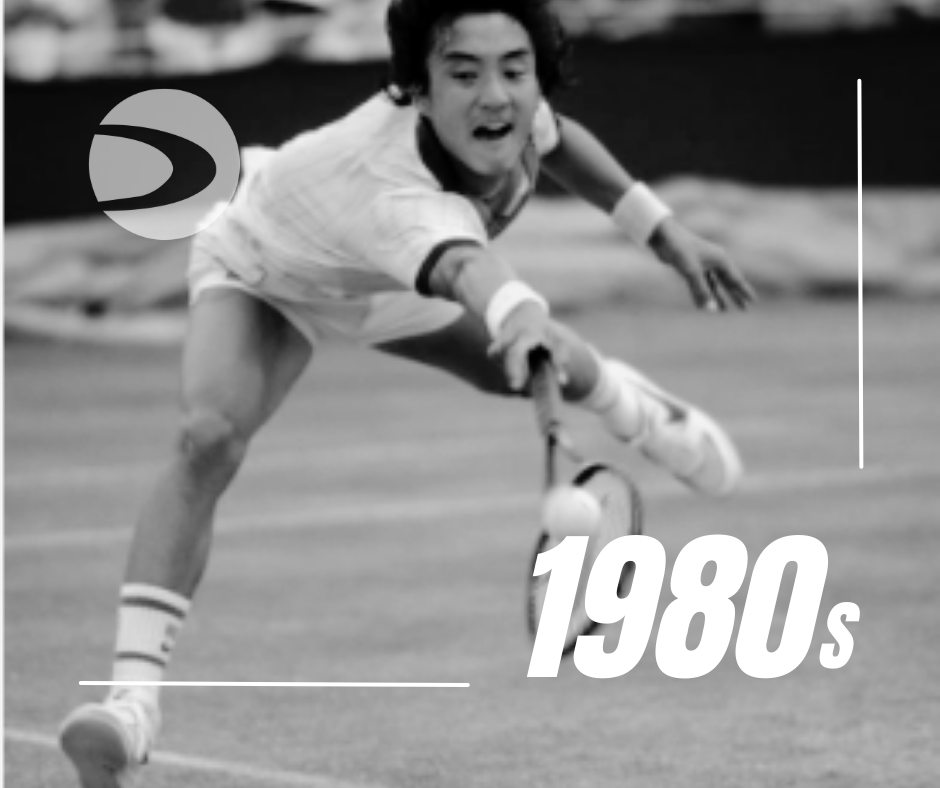
3 Responses
Your knowledge is quite intriguing.|
“Your weight probably won’t change that much.”
Firebird, what is your source for this info? I’d love to read more. However, I can’t find anything about it on Google.